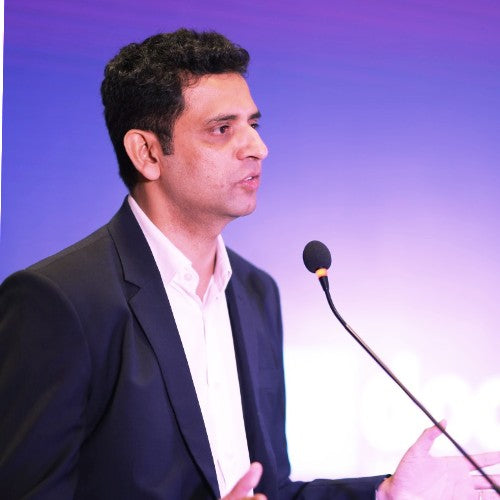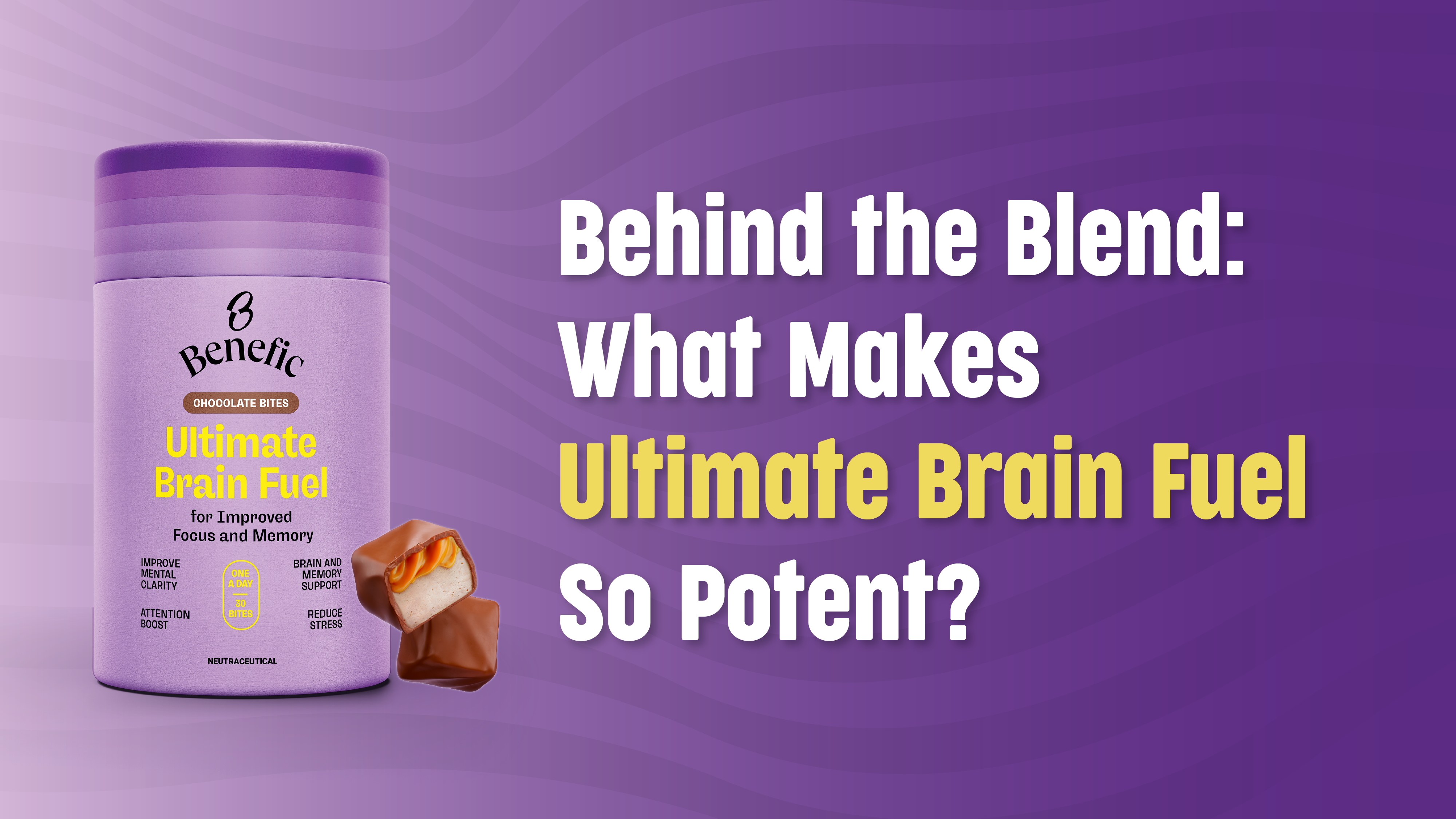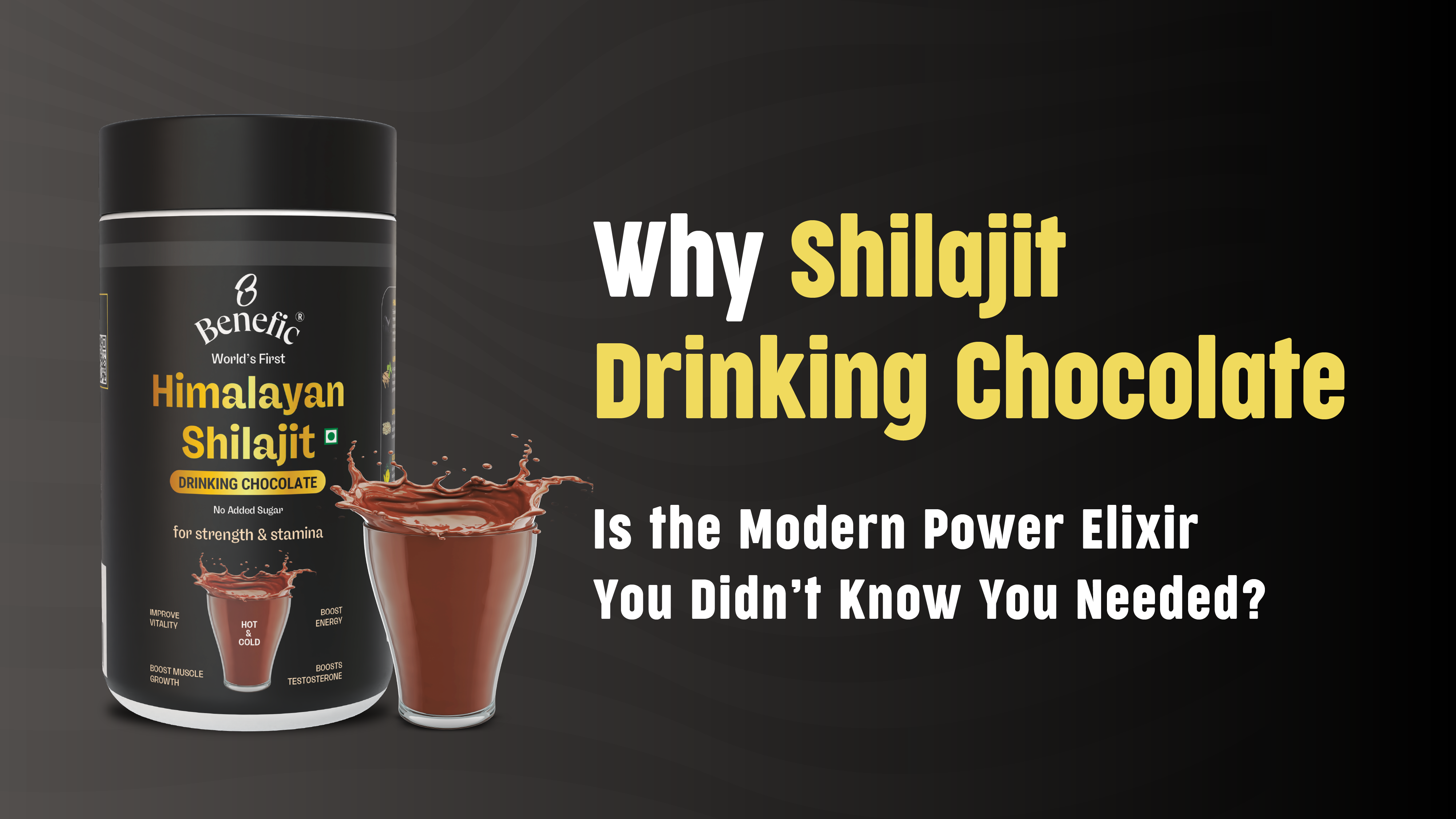The Silent Epidemic: Loneliness in the Digital Age
We live in an era where it is easier than ever to connect with people. Social media platforms boast billions of users, and smartphones have become extensions of ourselves. Yet, paradoxically, loneliness has become a pervasive issue. This seemingly contradictory phenomenon has given rise to a silent epidemic.
The Illusion of Connection
According to NIH’s journal article 2023, “More time spent on social media was associated with more loneliness”. Social media paints a picture-perfect life, making it easy to feel left out. These online connections, while convenient, often lack the depth of real-life friendships.
The Decline of Face-to-Face Interaction
The digital age has significantly reduced face-to-face interactions. We rely on messaging apps, emails, and video calls for communication, neglecting the nuances and emotional depth of in-person conversations. This shift has eroded the fabric of our social connections, leaving many feeling disconnected and alone.
The Impact of Loneliness
Loneliness is more than just a fleeting emotion; it's a serious public health concern. Studies have linked chronic loneliness to increased risk of heart disease, stroke, dementia, and depression. It can also weaken our immune system, making us more susceptible to illnesses.
The Link Between Loneliness and Mental Health
- Depression: Loneliness is closely linked to depression. The constant feeling of isolation can contribute to a downward spiral of negative thoughts and emotions.
- Anxiety: Social anxiety and generalized anxiety disorder can be exacerbated by loneliness. Fear of rejection or judgment can hinder social interactions, further fueling isolation.
- Low Self-Esteem: Chronic loneliness can erode self-worth and confidence. Feeling disconnected from others can lead to negative self-talk and a distorted view of oneself.
- Sleep Disturbances: Loneliness can disrupt sleep patterns, leading to insomnia or excessive sleep. Poor sleep quality further exacerbates feelings of isolation and can contribute to mental health issues.
Reconnecting with Humanity
So, how can we combat loneliness in a hyper-connected world?
- Prioritize real-life interactions: Make conscious efforts to spend quality time with loved ones, join clubs or groups based on your interests, and volunteer in your community.
- Cultivate meaningful relationships: Focus on building deep connections with a few close friends rather than superficial relationships with many.
- Practice mindfulness and self-compassion: Mindfulness can help you appreciate the present moment and reduce feelings of isolation. Self-compassion involves treating yourself with kindness and understanding.
- Limit screen time: Setting boundaries on screen time can create space for other activities and enhance overall well-being.
- Seek professional help if needed: If loneliness becomes overwhelming, don't hesitate to reach out to a therapist or counselor.
Remember, you're not alone in experiencing loneliness. By taking proactive steps to connect with others and prioritize your mental health, you can overcome this challenge and build a more fulfilling life.
While Benefic’s Ultimate Brain Fuel Chocolate Bites cannot replace human connection, it can certainly enhance your ability to build and maintain meaningful relationships. By providing your brain with the essential nutrients it needs to function optimally, Brain Fuel can improve cognitive function, reduce stress, and boost your overall mood – all factors that contribute to a more fulfilling social life.
Our Ultimate Brain Fuel Chocolate Bites are packed with essential nutrients that support optimal brain function. By improving cognitive clarity and reducing stress, these delicious treats can help you feel more engaged and ready to build meaningful relationships. Remember, a healthy brain is essential for a fulfilling social life.










